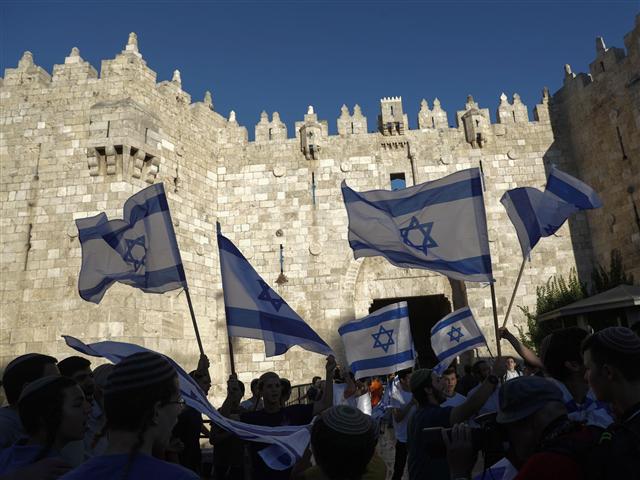One of the concentrations headed towards the Ben Gurion International Airport, the most important in Israel and others directed to the homes of the Ministers of Economy, Nir Barkat, in Jerusalem, and of Justice, Yariv Levin, in Modiin, who is the proposal of the reform.
More than 3,000 police officers were mobilized to watch over the protests, with far-right National Security Minister Itamar Ben Gvir calling to use force against any rioter. Police Commissioner Yaakov Shabtai warned that there will be no tolerance for riots and unauthorized roadblocks will not be allowed.
“It is a civic duty to oppose the dictatorship,” announced the organizers of the Day of Resistance. Students from the universities of Tel Aviv, the Hebrew University of Jerusalem, Bar Ilan, Haifa and the Technological Institute joined the marches.
The online version of The Jerusalem Post newspaper reported that five reservists were arrested a few hours ago after placing sandbags in front of the building of the conservative think tank Kohelet Policy Forum, criticized for its far-right stances aimed at “realizing its vision of a messianic dictatorship, an obscure religious state with apartheid and annexation of the Palestinian territories.”
The controversial judicial reform would restrict the ability of the Supreme Court to reject laws due to the “annulment clause”, which would allow the Prime Minister to re-legislate regulations challenged by the Court. It would also give the executive full control over the selection of judges, prevent the court from using a reasonableness test to judge legislation and government decisions, and allow ministers to appoint their own legal advisers.
jrr/llp/jf/rob










